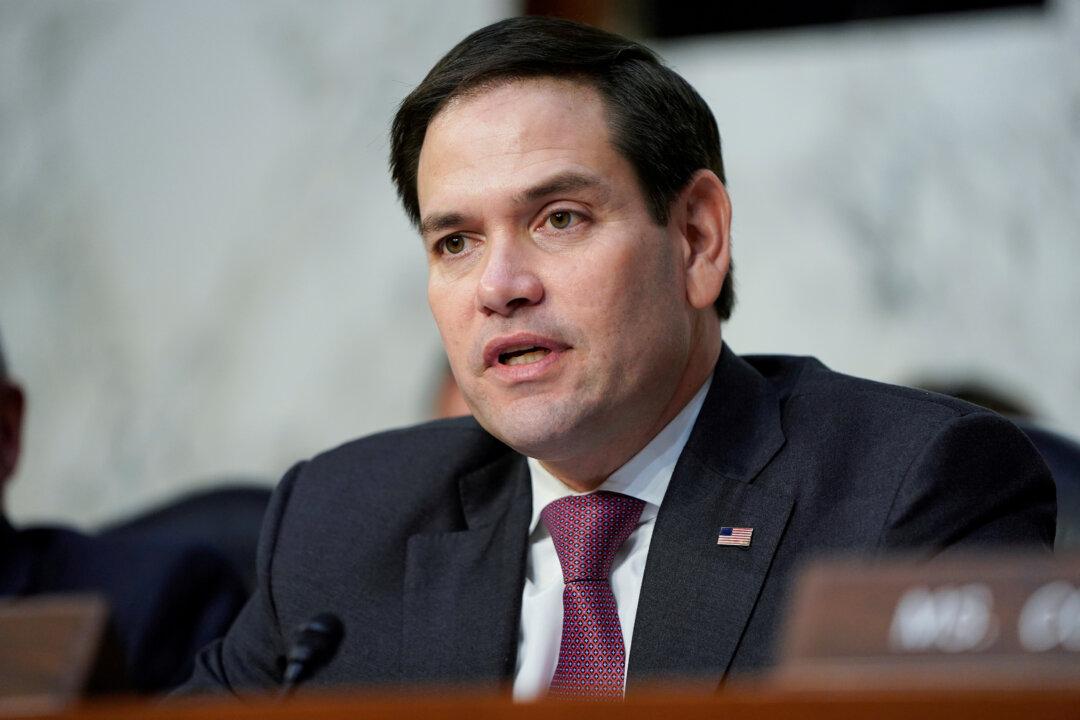WASHINGTON—Sen. Marco Rubio (R-Fla.) is taking action in the wake of the Thrift Savings Board’s (TSB) refusal to reverse its decision earlier this year to invest billions of dollars saved by federal employees and members of the U.S. military in Chinese firms connected to Beijing’s military research and development.
“It’s unconscionable that the Federal Retirement Thrift Investment Board did not reverse their short-sighted—and foolish—decision to transfer the retirement savings of our service members and federal employees to the Chinese Communist Party,” Rubio told The Epoch Times on Nov. 14.





